Brazil’s debate over adopting Bitcoin as a strategic reserve asset is intensifying. Earlier this week, Nilton David, Brazil’s central bank director of monetary policy, dismissed the idea, stating that diversifying the country's international reserves with cryptocurrencies would be inappropriate. His comments come in response to a newly proposed bill and follow the U.S. establishing its own Bitcoin reserve.
Despite growing global attention, other major economies like Sweden and Japan have recently rejected the notion of holding crypto reserves. In contrast, Brazilian lawmaker Eros Biondini has introduced legislation that would allow allocating up to 5% of Brazil’s international reserves to Bitcoin. The bill highlights potential benefits such as economic risk mitigation, increased investment, and positioning Brazil as a forward-looking financial power. It also outlines strict security measures, including AI-based monitoring and advanced cybersecurity protocols, to protect the proposed reserve.
While the proposal gains traction in political circles, including a strong endorsement from Lula administration official Pedro Giocondo Guerra—who referred to Bitcoin as “digital gold”—it faces opposition from financial authorities. The National Monetary Council (CMN), Brazil’s top financial regulator, recently prohibited certain pension funds from investing in Bitcoin, citing its volatility and associated risks.
The legislative fate of Brazil’s potential Bitcoin reserve remains uncertain. However, the growing divide between policymakers and regulators underscores the ongoing tension between innovation and risk management in the crypto space. As global interest in state-level crypto adoption rises, Brazil could soon find itself at a critical crossroads.









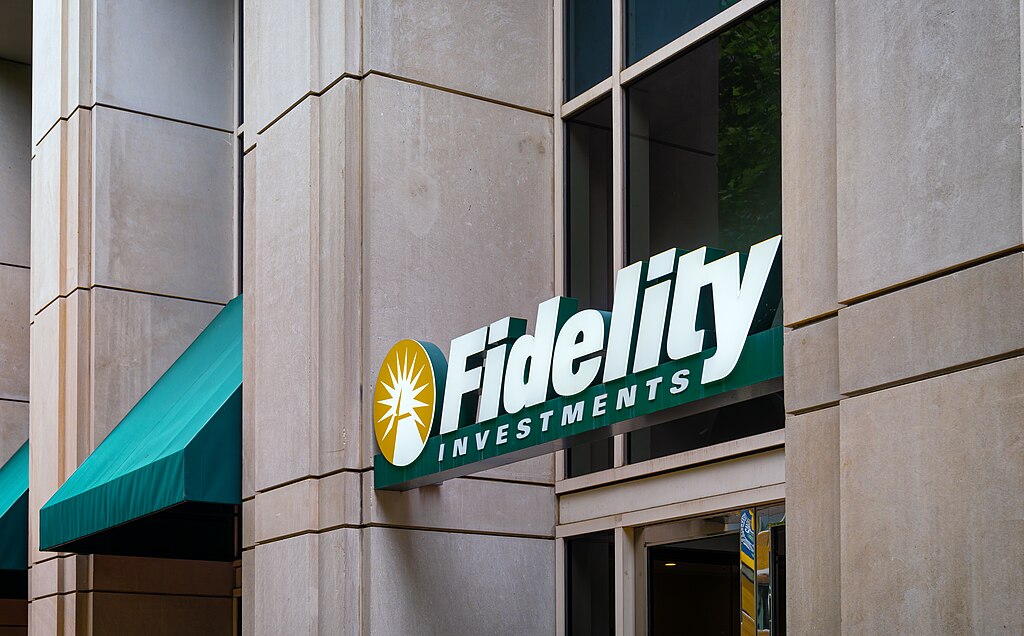
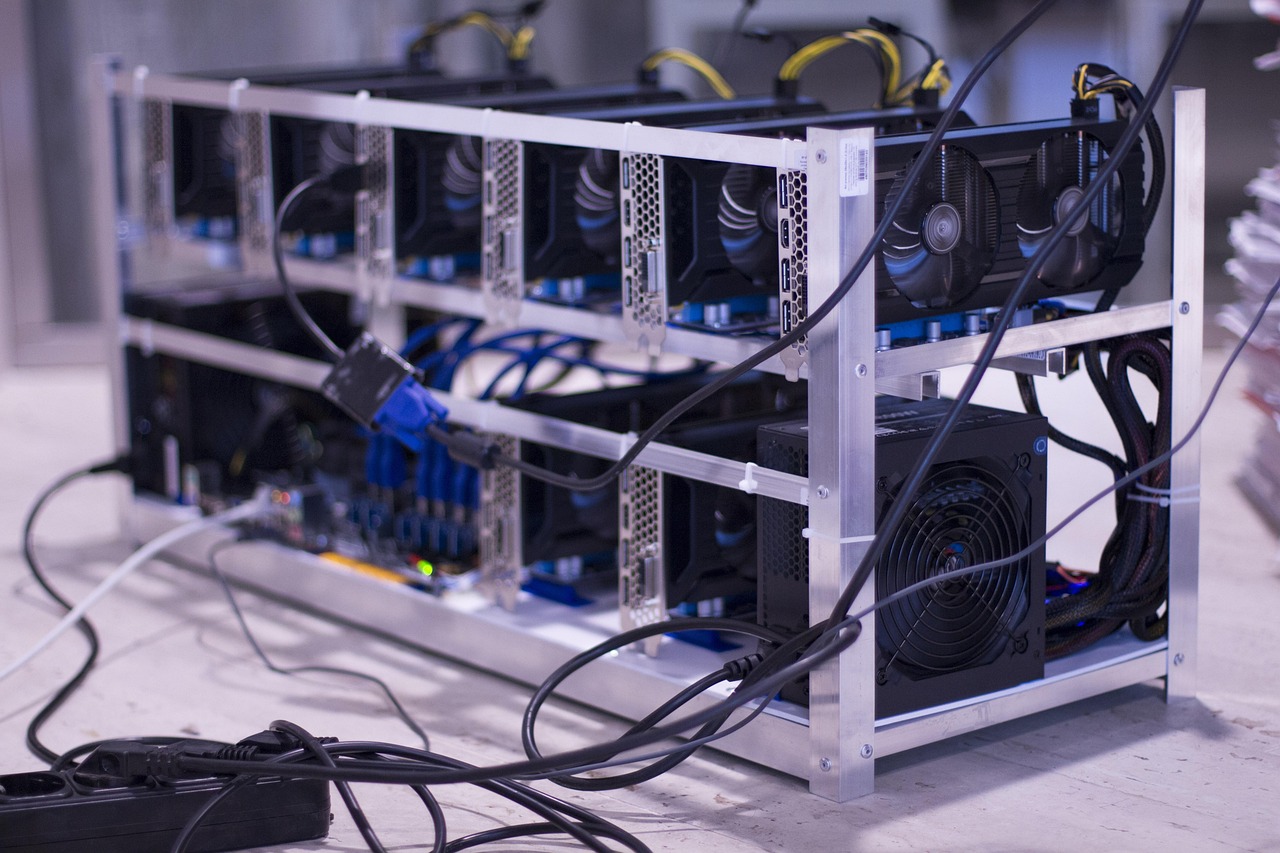







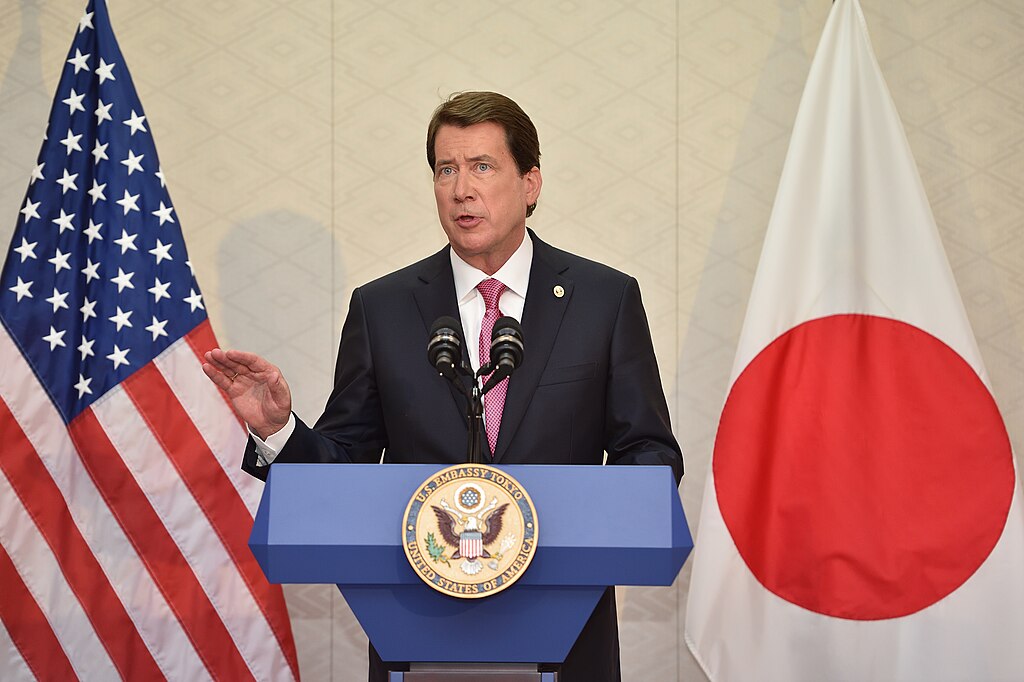
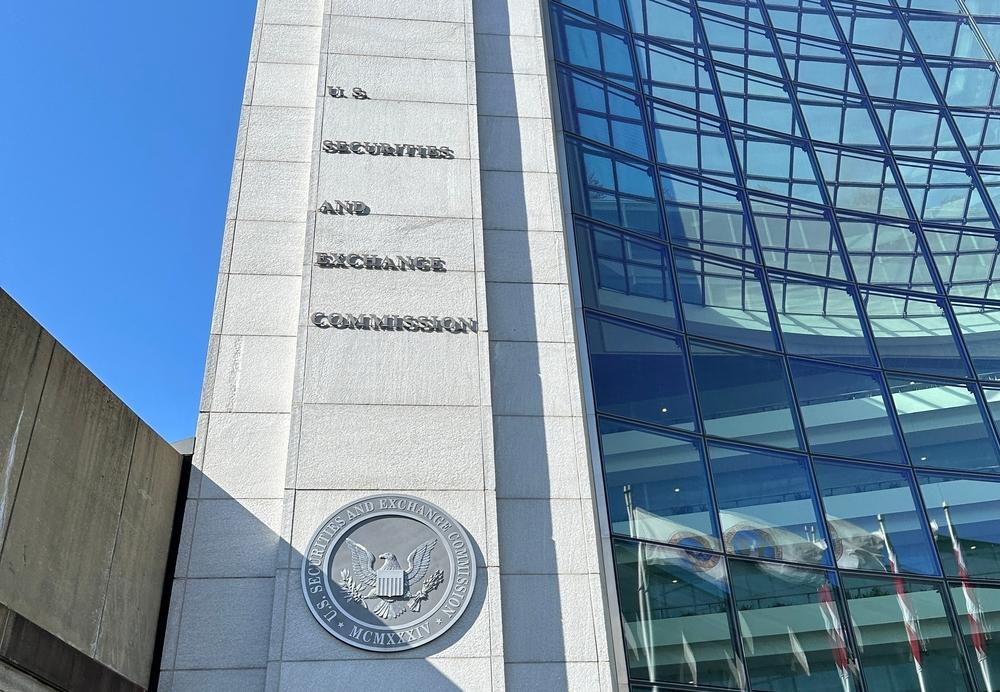




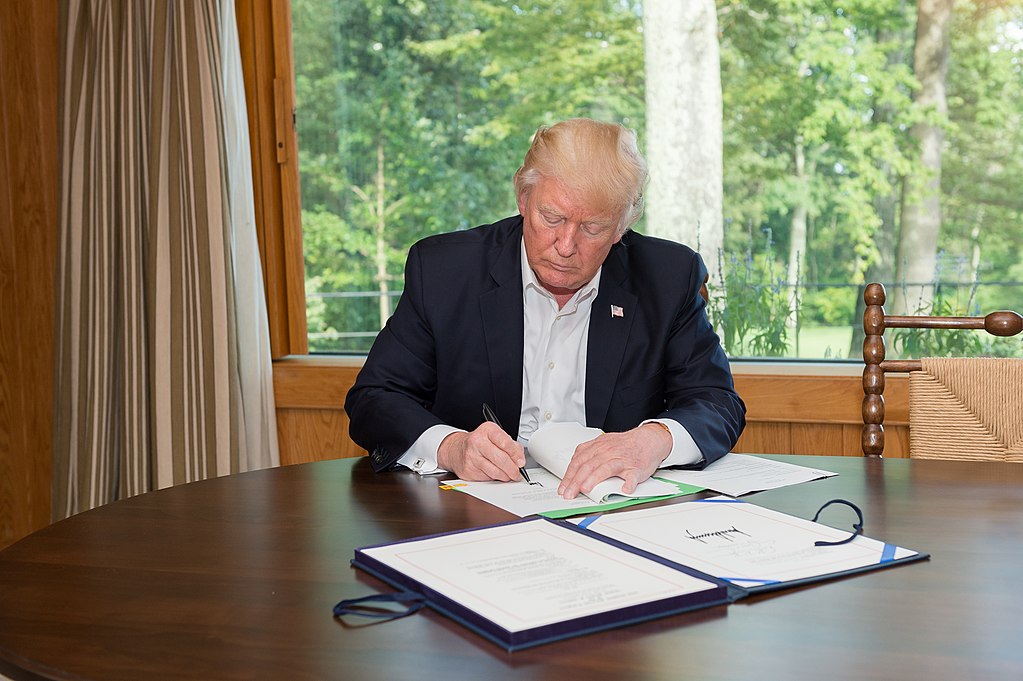

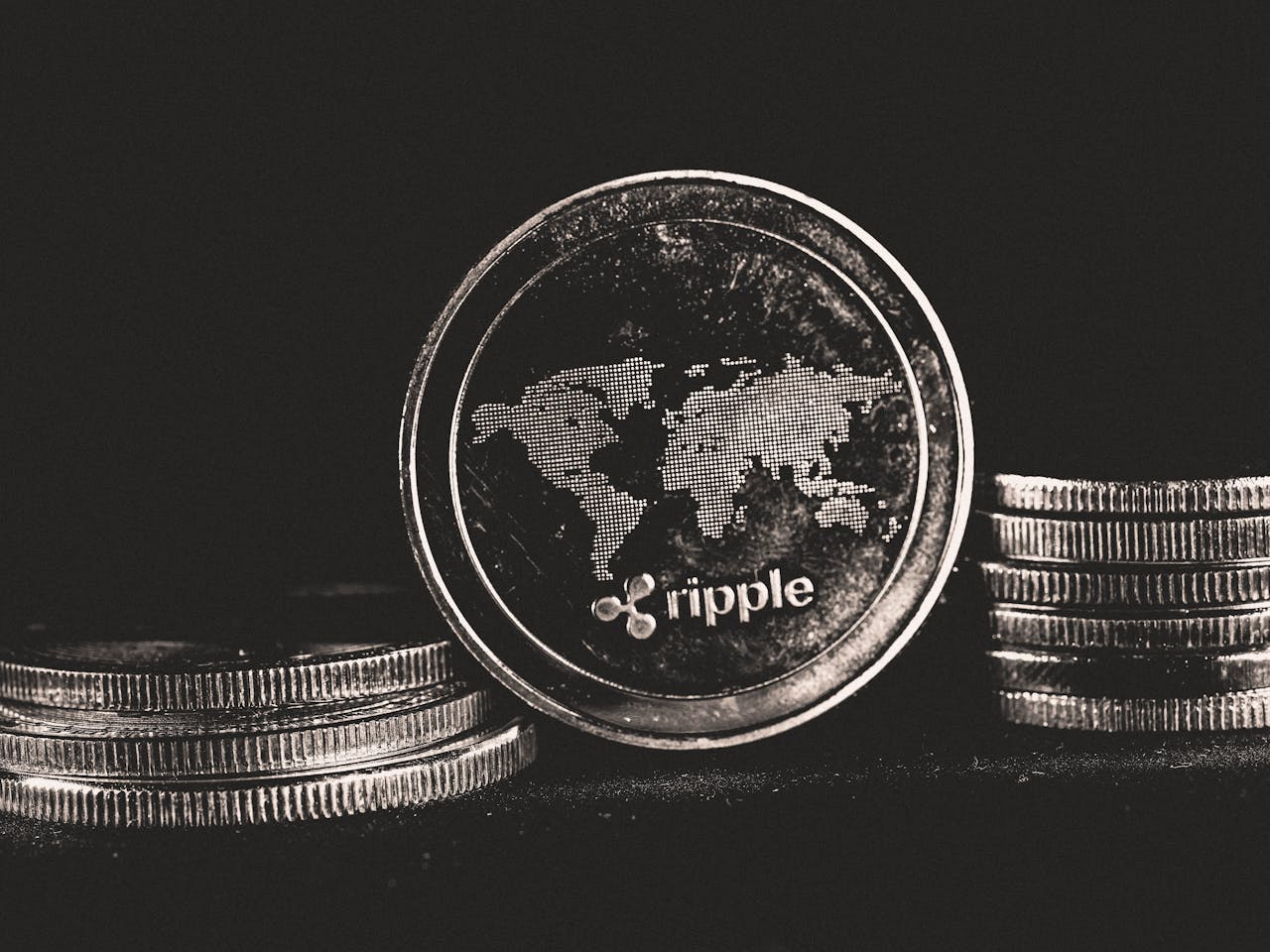

Comment 0